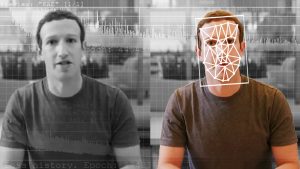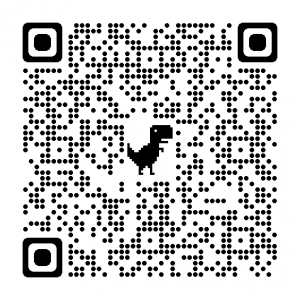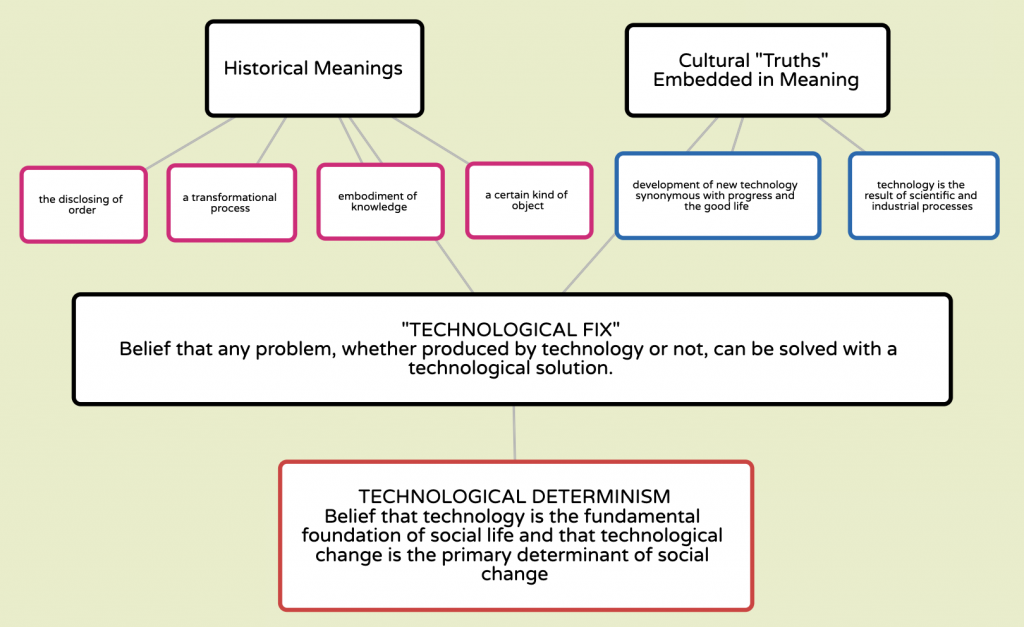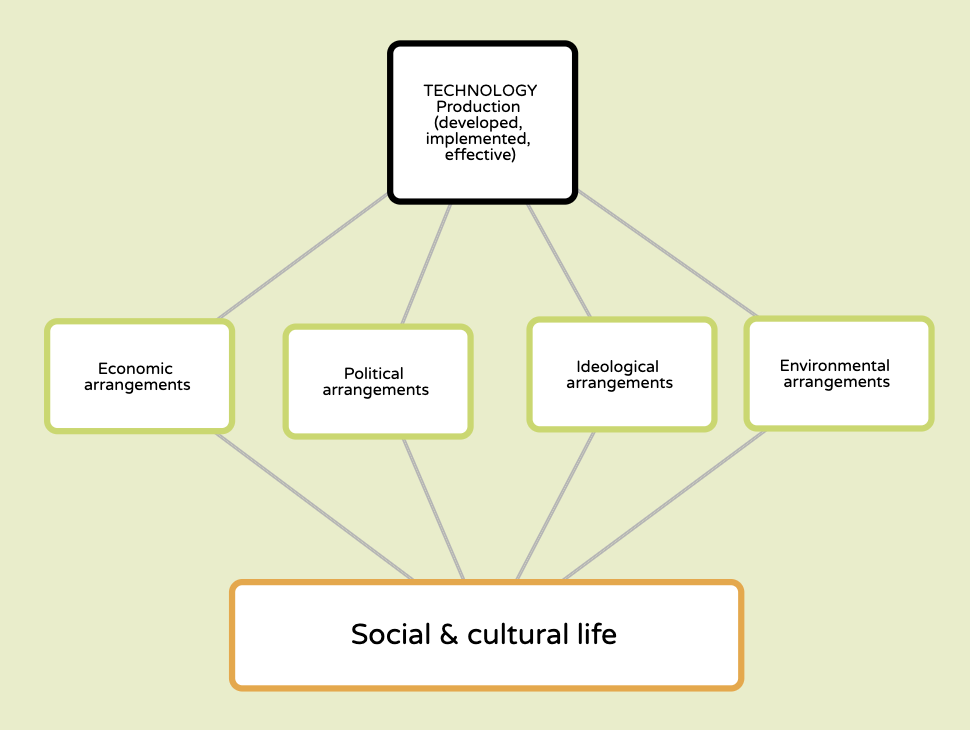Technology is something that has taken the world by storm. It now occupies nearly every aspect of our lives and we have come to depend on it. During the pandemic, is when I had a true realization of how far it has really come. Although not as beneficial as in-person classes, we were able to move school completely online. This was a very eye-opening time for me because prior to March of 2020, never would I have thought technology was capable of this. There are many benefits to the advancements of technology, but as the article mentioned, it has also desensitized me. Similar to Samuel’s Facebook experience, I find myself scrolling on TikTok at times and viewing a short video of somebody’s struggles they are enduring. However, instead of reflecting on what I have just watched, I scroll to the following video and continue to laugh at whatever joke is being made next. Now that I have become aware of this issue, I hope to find a way to stop it from happening.
Reference:
Samuel, Sigal. “It’s Hard to Be a Moral Person. Technology Is Making It Harder.” Vox, Vox, 27 July 2021, https://www.vox.com/the-highlight/22585287/technology-smartphones-gmail-attention-morality.

 take glances at the other people playing instruments and smile at each other. These smiles as they shared their culture with the people of the crowd felt like they had a sense of pride in their culture. I felt like their identification with their culture had shown as they felt joy enough to show an external representation of it on their faces. This is also something that I could identify with because I also feel joy when performances of my culture are
take glances at the other people playing instruments and smile at each other. These smiles as they shared their culture with the people of the crowd felt like they had a sense of pride in their culture. I felt like their identification with their culture had shown as they felt joy enough to show an external representation of it on their faces. This is also something that I could identify with because I also feel joy when performances of my culture are 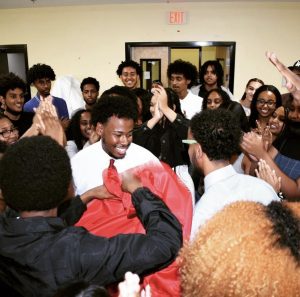 put on or if I am performing things of my culture. I believe that identity is key to the performance of one’s culture. Identity is what makes these performances meaningful and what causes people to identify with the performances just like I did. There may be some that say that the smiles may have been part of the performance or on the script of what these musicians are supposed to act like as they are performing. I do agree that this is possible but just like any performance in any aspect of art, the audience is supposed to analyze it from their personal perspective, and identity is a big part of that also. It was not a coincidence that the smiles were the one thing I kept noticing. This gives a window to my identity in that if you paid attention to the things that have happened in my life, being a first-generation African American, learning of my African culture from my parents, and struggling to hold on to those things as I lived an American lifestyle in this country, You begin to see why the one thing that may symbolize pride in culture is the one thing that stuck with me.
put on or if I am performing things of my culture. I believe that identity is key to the performance of one’s culture. Identity is what makes these performances meaningful and what causes people to identify with the performances just like I did. There may be some that say that the smiles may have been part of the performance or on the script of what these musicians are supposed to act like as they are performing. I do agree that this is possible but just like any performance in any aspect of art, the audience is supposed to analyze it from their personal perspective, and identity is a big part of that also. It was not a coincidence that the smiles were the one thing I kept noticing. This gives a window to my identity in that if you paid attention to the things that have happened in my life, being a first-generation African American, learning of my African culture from my parents, and struggling to hold on to those things as I lived an American lifestyle in this country, You begin to see why the one thing that may symbolize pride in culture is the one thing that stuck with me.